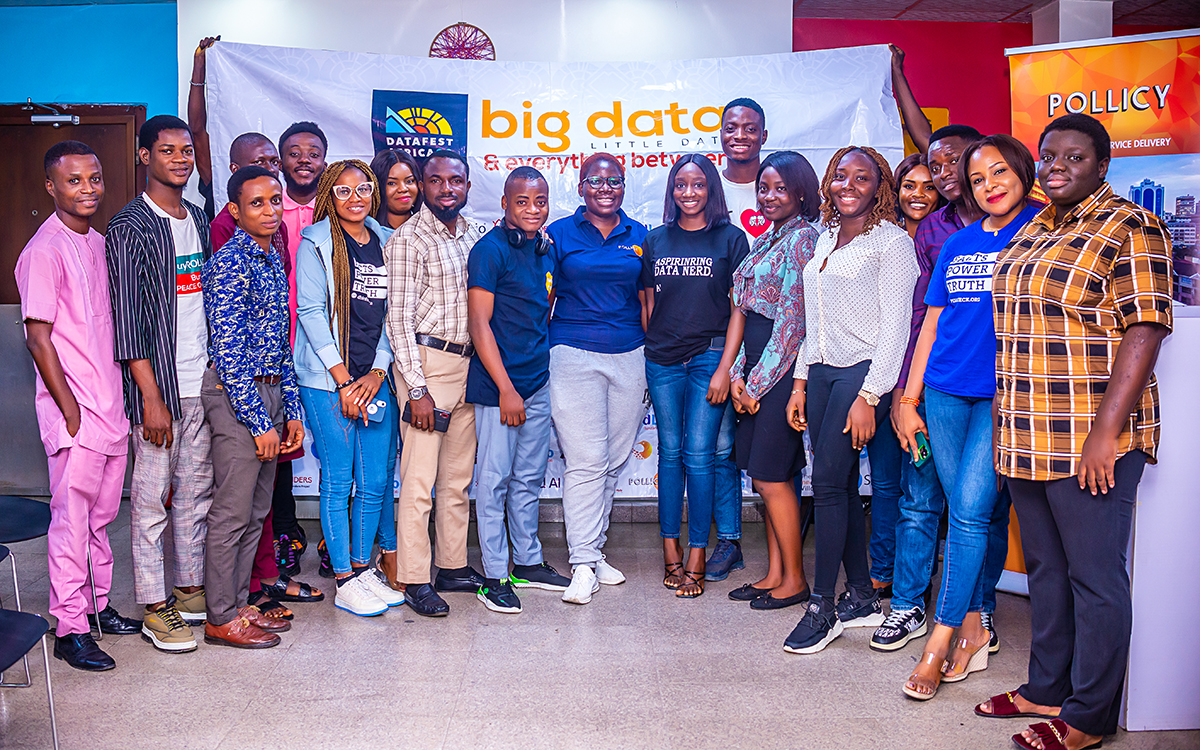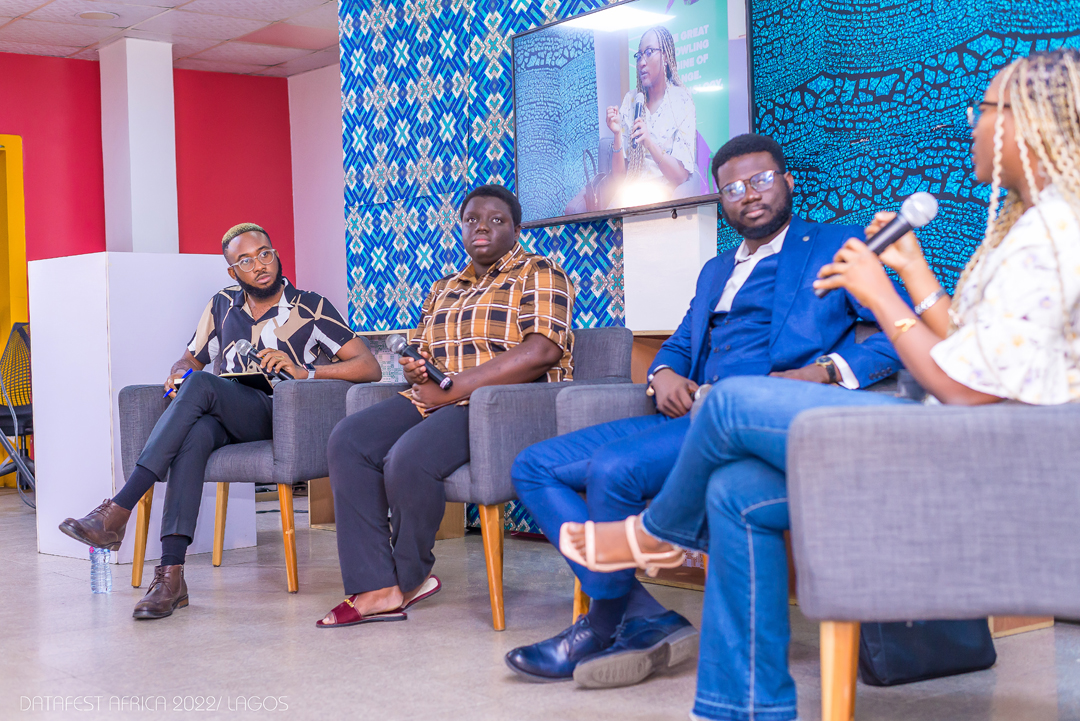
This year’s edition of DataFest Africa, the biggest festival on data on the continent, organised by Pollicy, brought to light a very significant conversation that needs critical attention: data use in the private sector and civil society organisations within Africa. The event ran under the theme "Big data, little data and everything in between".
The data festival began in Uganda with events in four cities: Gulu, Mbarara and Jinja, then later on Kampala. More events were held in Tanzania and Nigeria, thus the name DataFest Africa. Events were spread out in the months of June and July 2022. Data scientists, analysts, developers, data enthusiasts and civic tech organisations converged to demystify, learn and celebrate the future of data on the continent.

Like it or not, data, whether big or small, plays an increasingly important role across all sectors, industries and organisations, especially in Africa, which is an emerging and growing tech destination. More than ever, hackathons, games and data products like Pollicy’s Digital Safetea and Choose Your Fake News, which target the global South, continue to spiral.
However, the impacts of the abuse and misuse of data have come to light in recent years, sparking debate on alternate methods of safeguarding, regulation, monitoring and benefiting from one’s data. During the DataFest Africa pre-event in Jinja City, Uganda, ASP Racheal Arinitwe emphasised how safeguarding data remains a critical area and that bodies such as the government should use data effectively to inform decision making.

This leaves the big question: how do we effectively use data? From this year’s edition of DataFest Africa, one thing that came out loudly is that different African countries or regions have different data needs/approaches and there can never be a one size fits all. For example, while conversations in Nigeria showed how the data ecosystem has moved massively through the growth of advanced data-focused startups and supportive regulations, countries like Uganda continue to face challenges such as the public not understanding the mandate of the bodies that regulate or prioritise data protection in the country, thus leading to low compliance.
Tanzania on the other hand, introduced a different spectrum to the conversation. The Dar Es Salaam edition that happened on 20 July at the Tanzania Data Lab (dLab) had conversations predominantly in Kiswahili, the second official language in the country after English. From the keynote speaker (Zahara Tunda, the community coordinator for Code4Africa) to panellists, conversations in Swahili enabled open dialogue for all participants, ensuring that no one is left behind. We need to ensure that we continue to promote Natural Language Processing (NLP) so that conversations in tech and data in African languages are preserved. This will go a long way in ensuring that meaningful online conversations happen.

But even with best practices and on-ground conversations that were impressive, DataFest Africa also presented a big challenge that questions how policy makers, embassies and partners can be a hindrance to cross-border data conversations. This introduces a whole new dimension on whether we need to revisit how we approach access to data and information in Africa.
For example, I was being supported by the Association for Progressive Communications (APC) on behalf of Pollicy to travel to Nigeria to participate in the DataFest Nigeria, the last DataFest Africa post-event that happened on 27 July at the Co-Creation Hub, and I almost did not make it. The Nigerian Embassy in Uganda required me to request the passport biodata page from a hosting partner in Nigeria where such sensitive information couldn't be shared instantly. After further diplomatic engagement, I was finally granted a Nigerian visa and participated in the event, albeit mid-event.
We need to therefore strengthen and adopt the implementation of digital IDs across the continent to promote easy access to data by authorities. With such IDs, easy identification can provide enough needed data on individuals such as National Identification Number (NIN), name, passport number, citizenship, biometric data and any other information as deemed necessary by the mandating bodies.
Despite the challenges that were registered, the success of DataFest Africa wouldn’t have been possible if it wasn’t for collaborations. From Uganda, Tanzania and Nigeria, all partners supported the design and implementation of DataFest. This ensured that we get to connect with like-minded data enthusiasts from across the regions to be part of the biggest data festival on the continent.
This also provided a key learning: we need to involve more organisations that work on data moving forward. Conversations that happen in a hybrid format need to have more organisations and young people benefit from them, through the breakaway sessions, speeches and lightning talks and more. That’s how we can have more Africans take centre stage in defining the future of data on the continent.
The 2022 DataFest Africa was organised by Pollicy with support from the Association for Progressive Communications, Code for Science and Society, R Studio, Defend Defenders, Sunbird AI, Zindi Africa and in partnership with the Ministry of ICT and National Guidance Uganda through the National ICT Innovation Hub. The festival was co-hosted by the Innovation Village, dLab Tanzania and Co-Creation Hub, Nigeria.
Image: JulietGrace sharing a light moment with the Code for Africa team members. Courtesy of Pollicy.